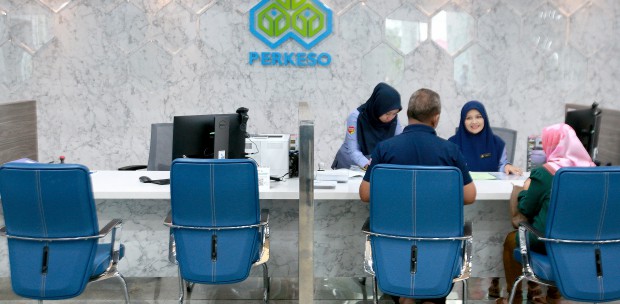KUALA LUMPUR: Nearly 79 per cent, or 244 million, of workers in Asean countries are employed in the informal sector, raising concerns over the vulnerability of informal workers across the region.
"The share of informal employment varies across member states, ranging from 34 per cent in Brunei to more than 80 per cent in Cambodia, Laos, Myanmar and Indonesia. "The substantial scale of the informal labour market not only impedes economic productivity but also undermines individual wellbeing and overall social cohesion," Employees Provident Fund Board chairman Tan Sri Ahmad Badri Mohd Zahir said in his welcoming remarks at the 40 th Asean Social Security Association (ASSA) Seminar and Board Meeting.
Ahmad Badri said the lack of access to social security and employment benefits for those in informal employment leaves them without essential safety nets. Among the concerns these workers are exposed to include insufficient access to healthcare, minimal job security and absence of retirement benefits.
The percentage of informal workers in Asean surpassed the global and Asia Pacific average of 61 per cent and 68 per cent respectively.
"This predicament not only jeopardises their wellbeing, but also underscores the pressing need for comprehensive social protections that can bridge this gap and promote social and economic equity," he said.
Ahmad Badri said a seamless transfer of social security benefits is crucial especially in an increasingly interconnected world.
"This is not only relevant to informal workers, but extends to all individuals who may find themselves working or residing in different Asean countries. "By harmonising policies and establishing effective mechanisms for cross border portability, we can contribute to a more comprehensive and supportive regional social security framework," he added.
Established in February 1998, ASSA's primary objective is to enhance social security in the Asean region by fostering the exchange of information, expertise, and best practicesamong its member countries.
The membership of the association now comprises 20 social security institutions from 10 Asean countries.
The ASSA Board comprises members from Malaysia, Brunei, Cambodia, Indonesia, Laos, Myanmar, the Philippines, Singapore, Thailand, and Vietnam.






